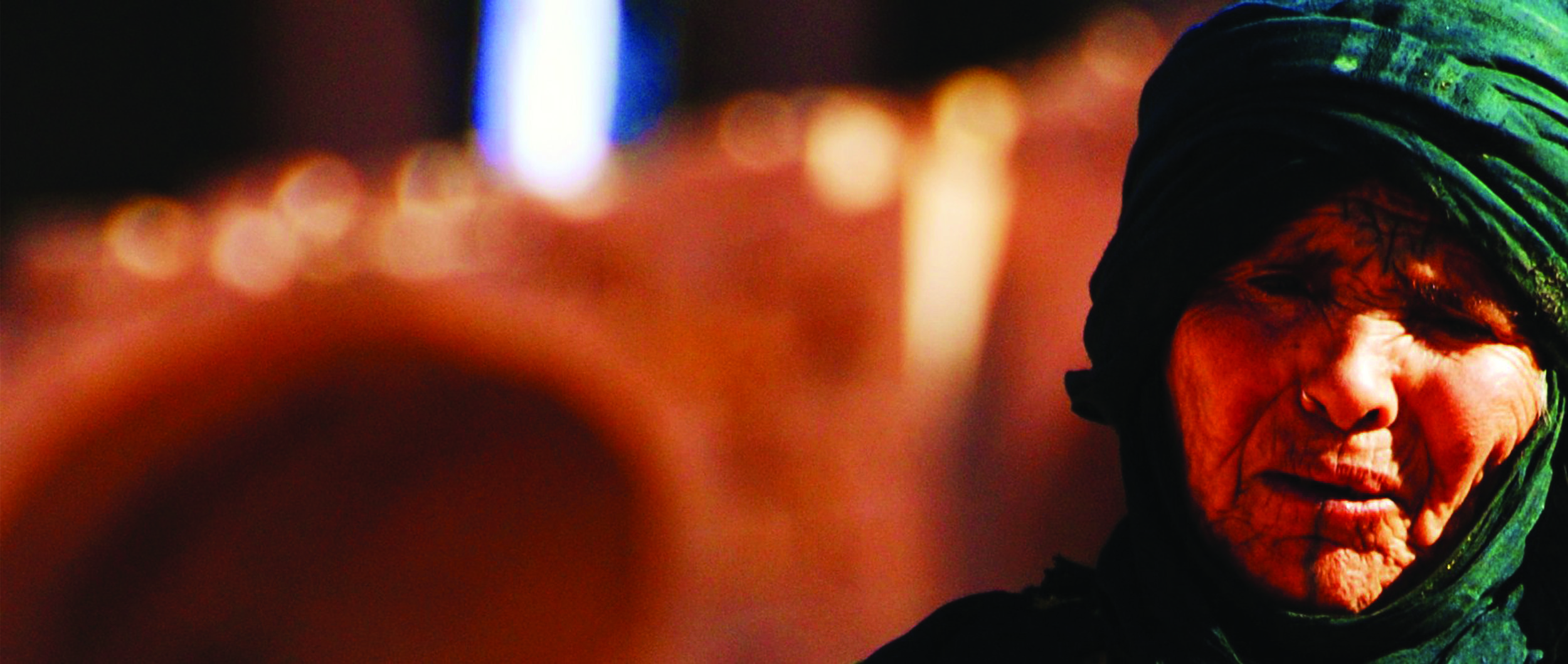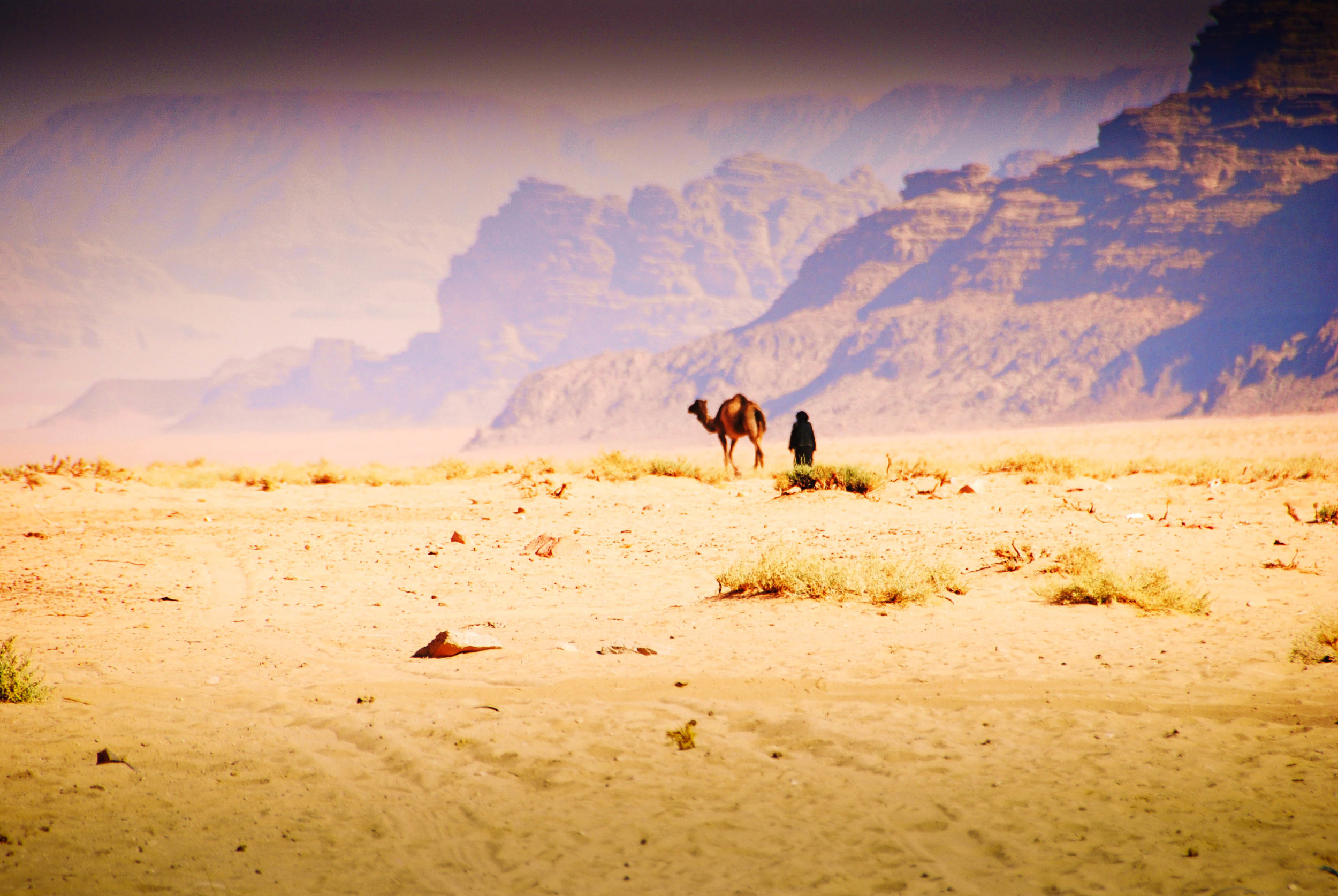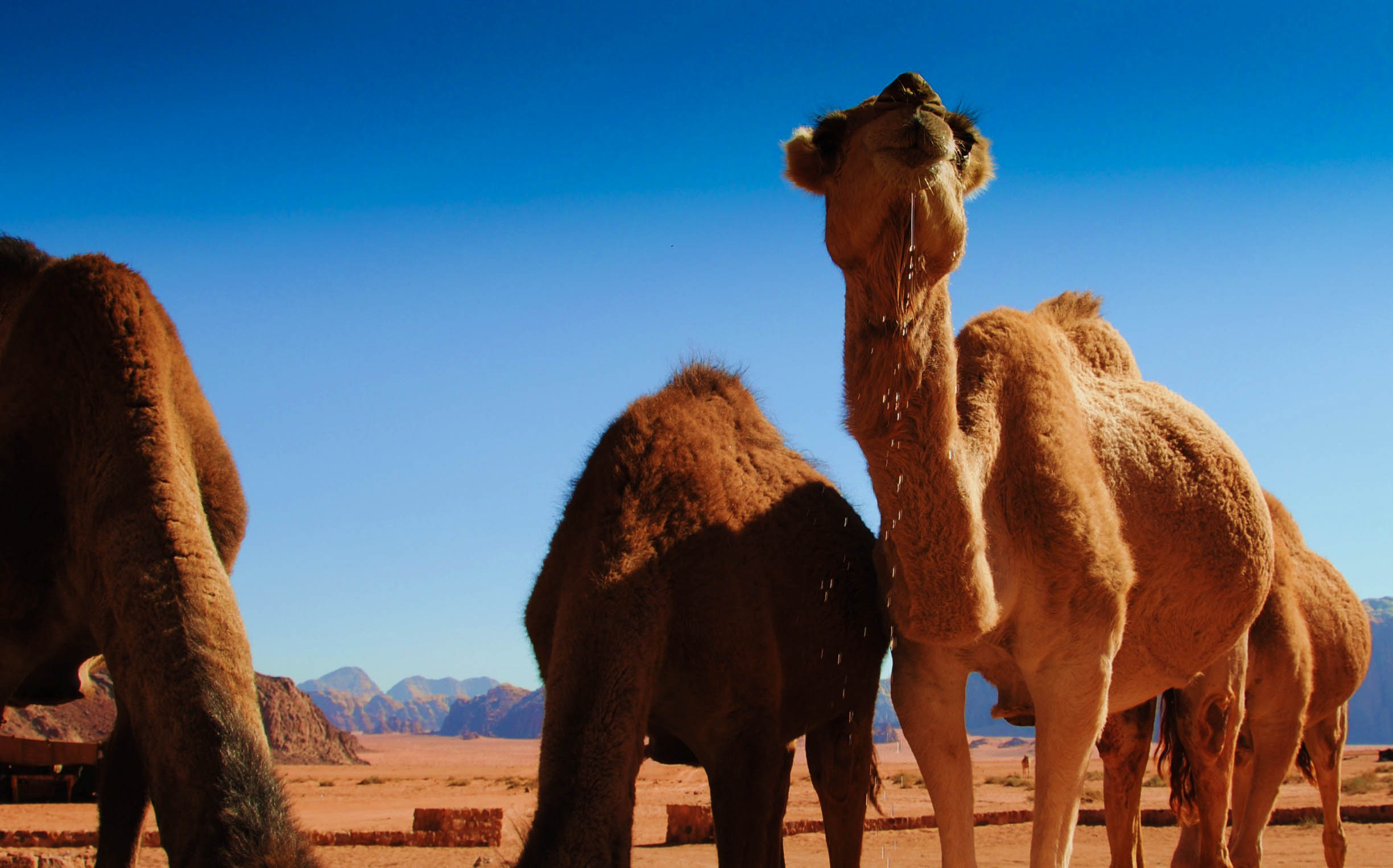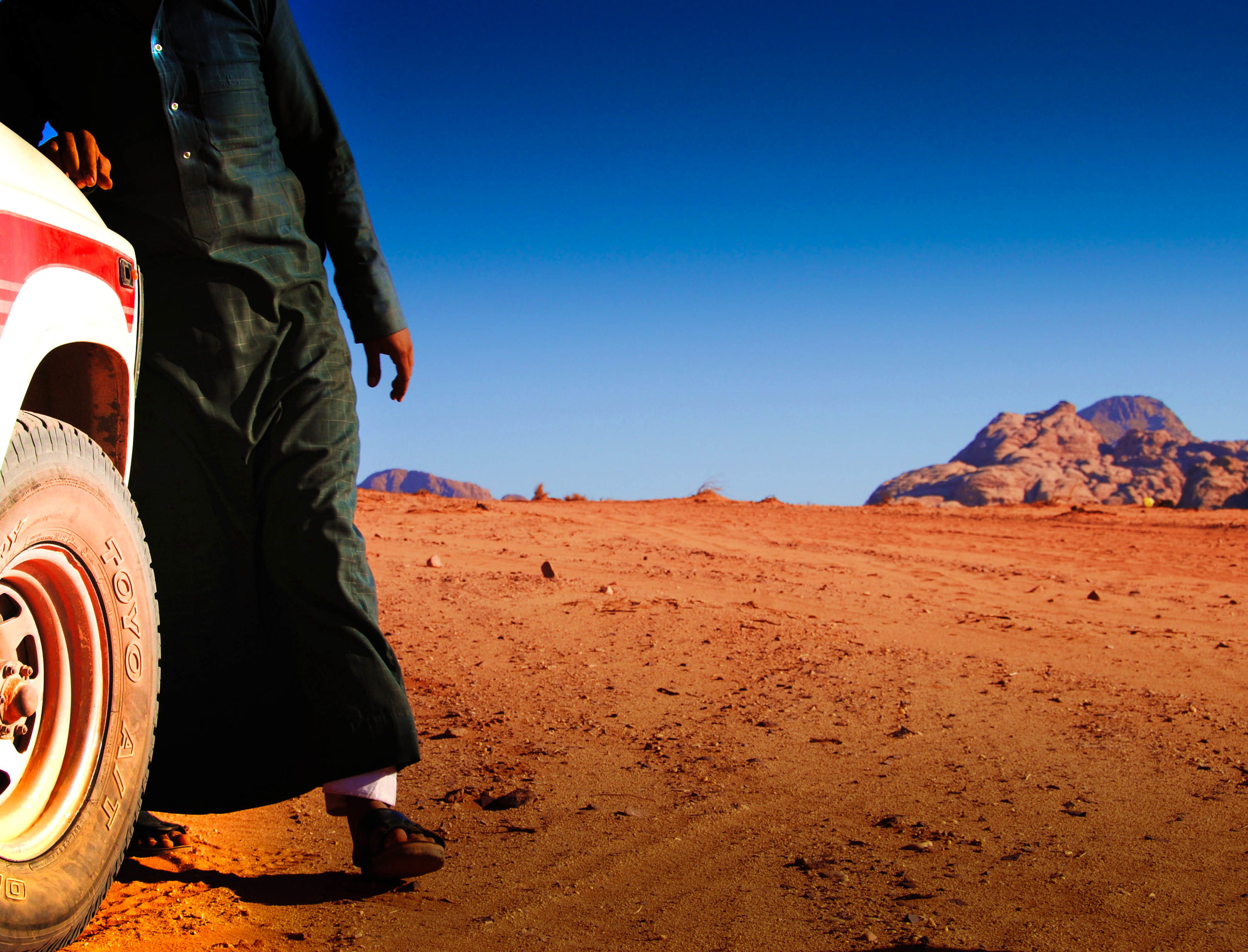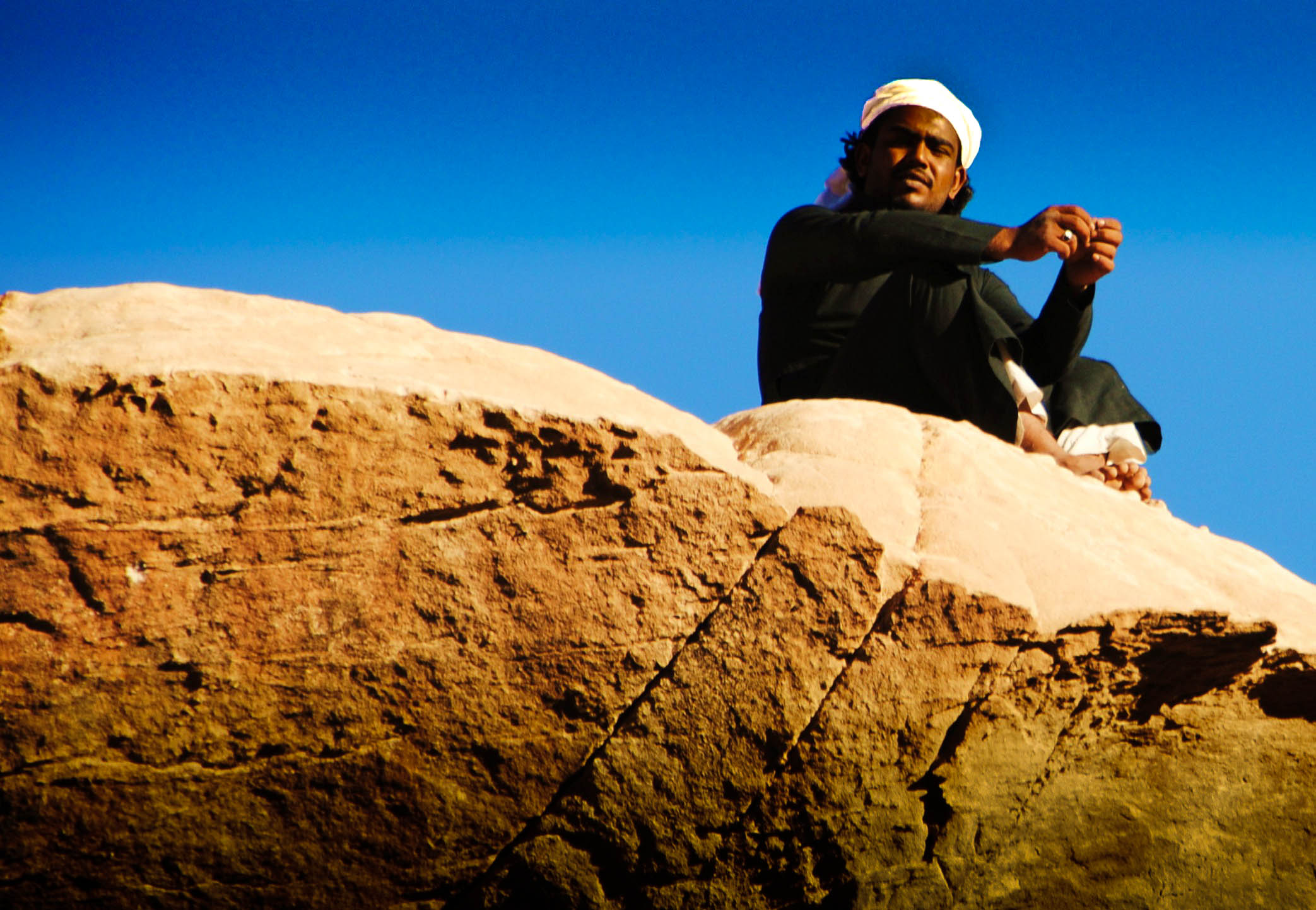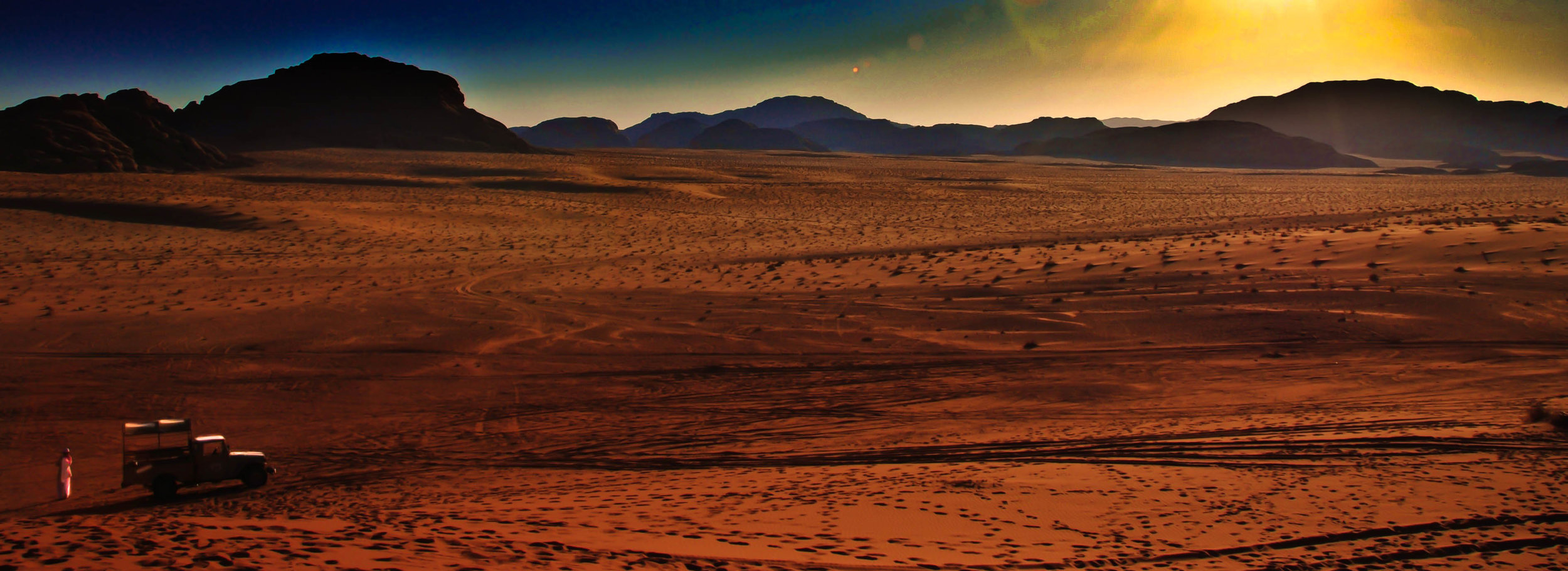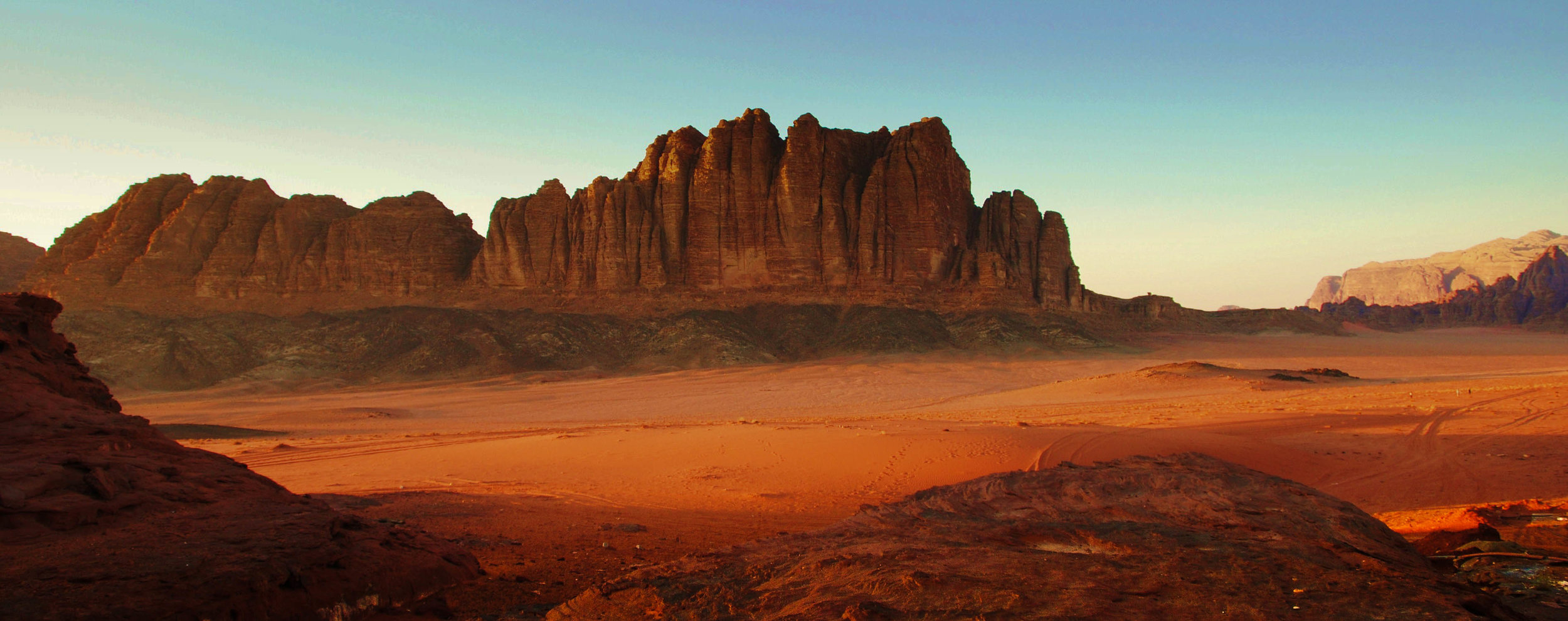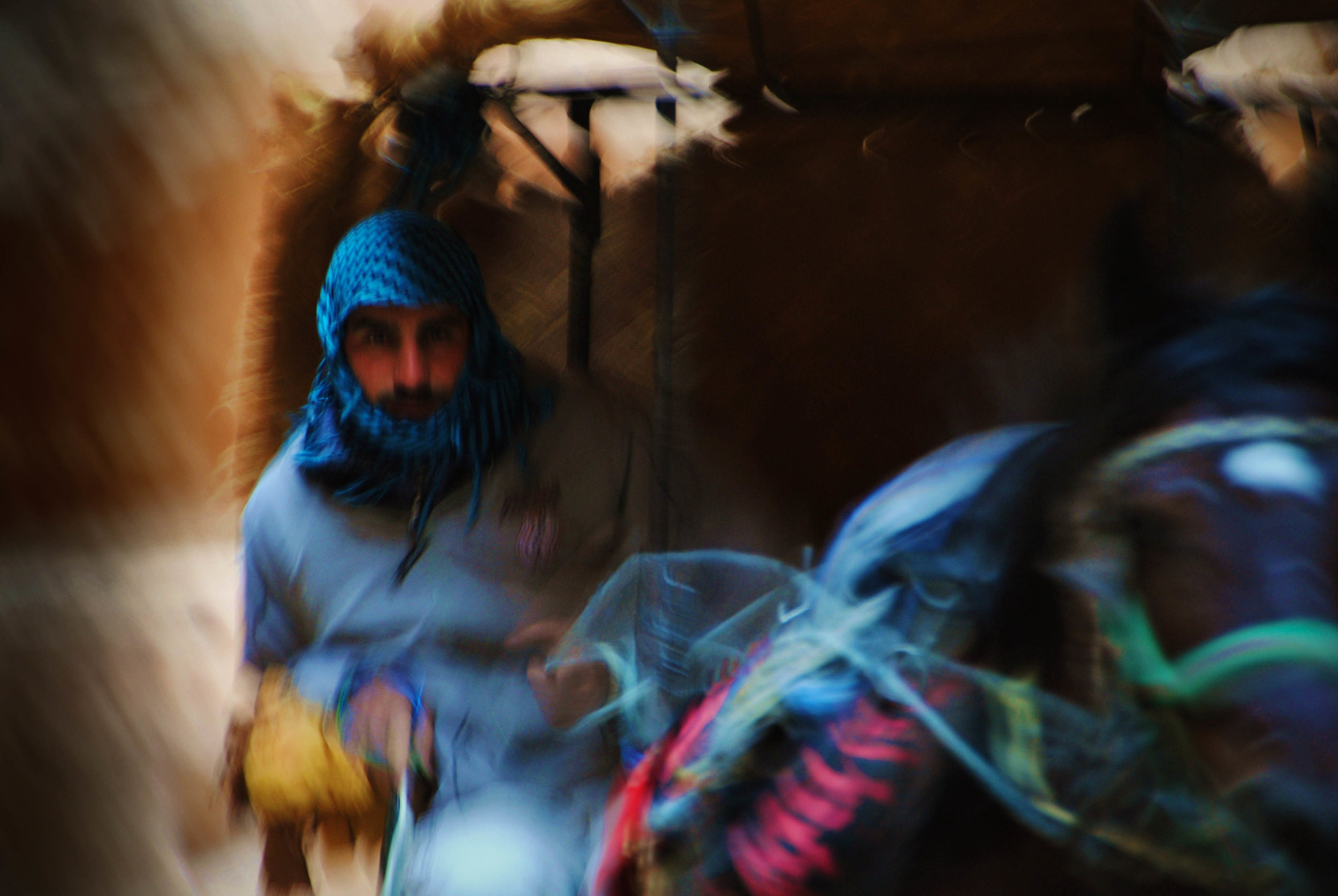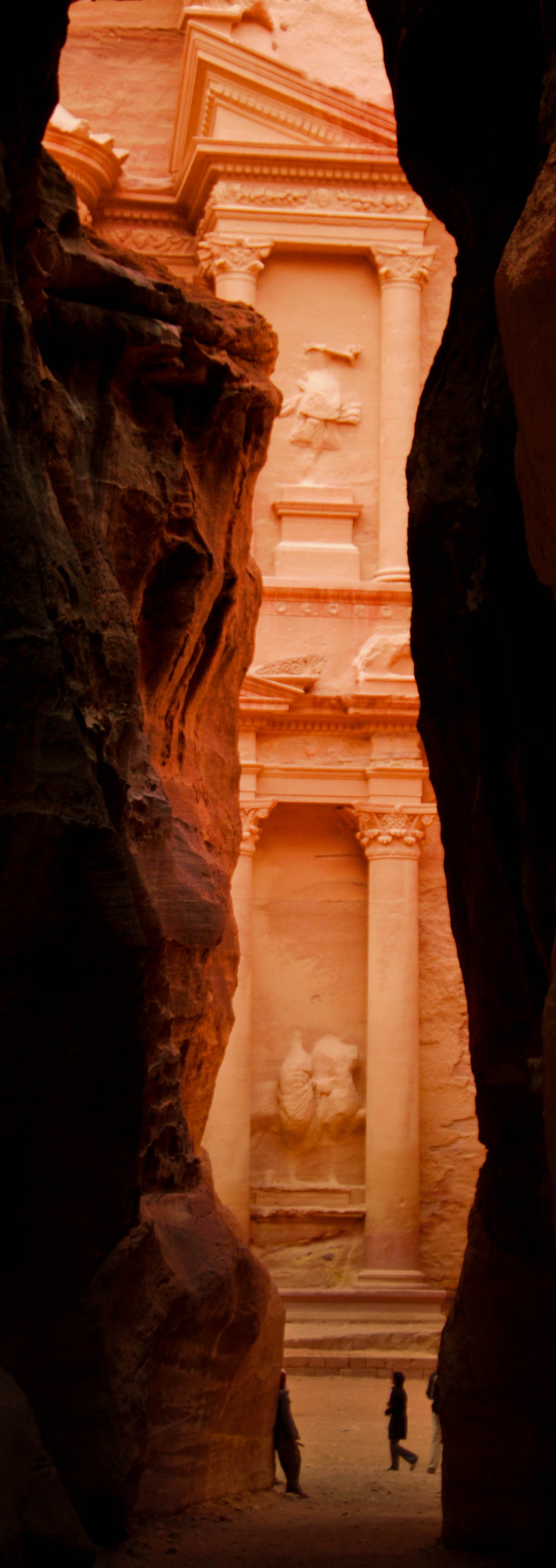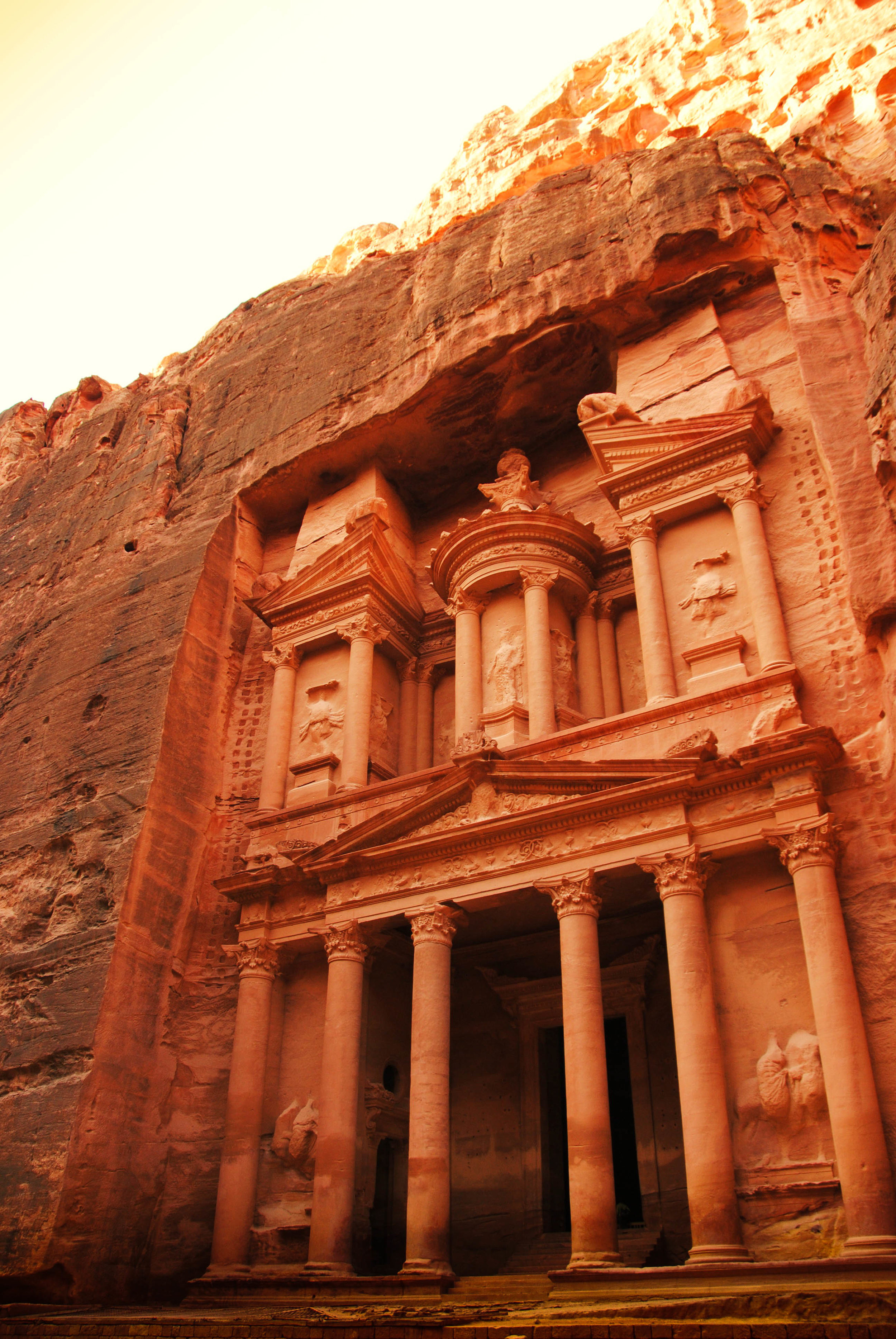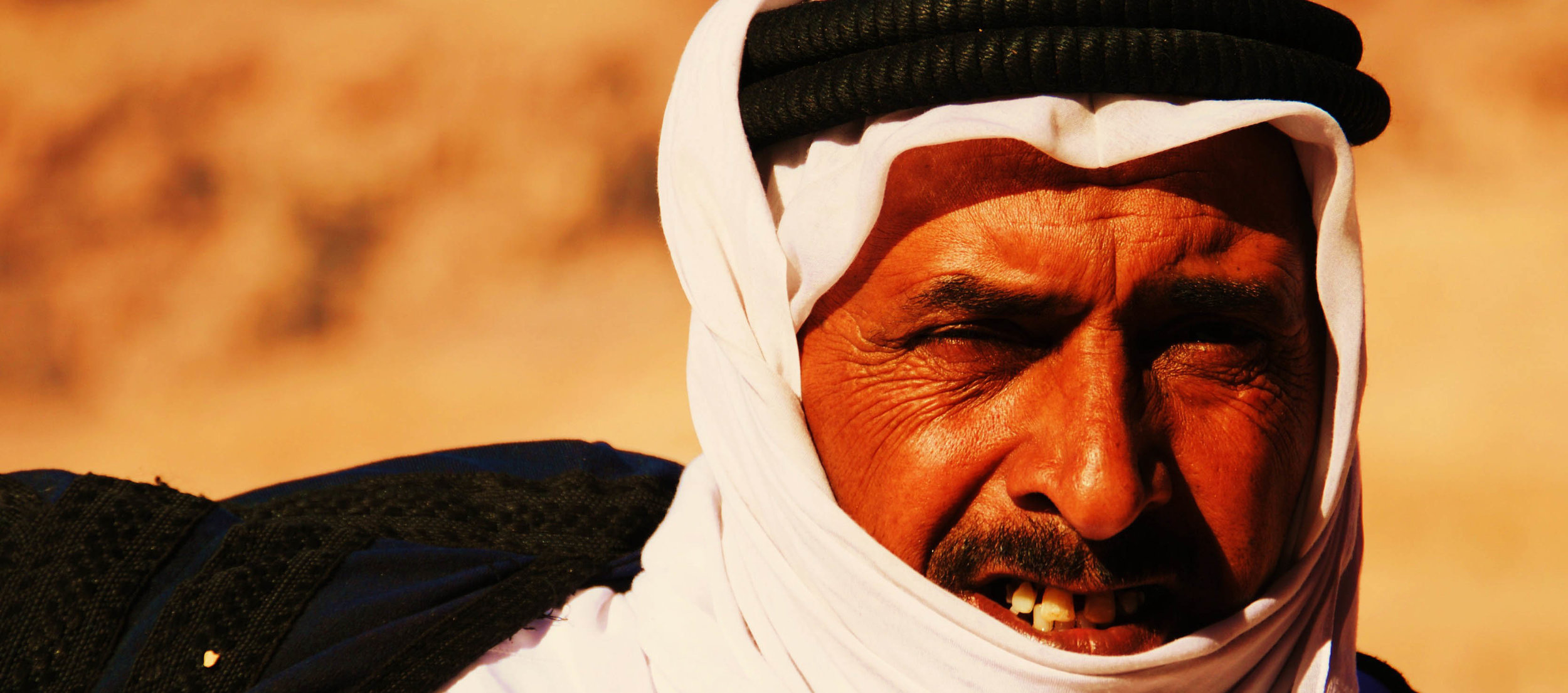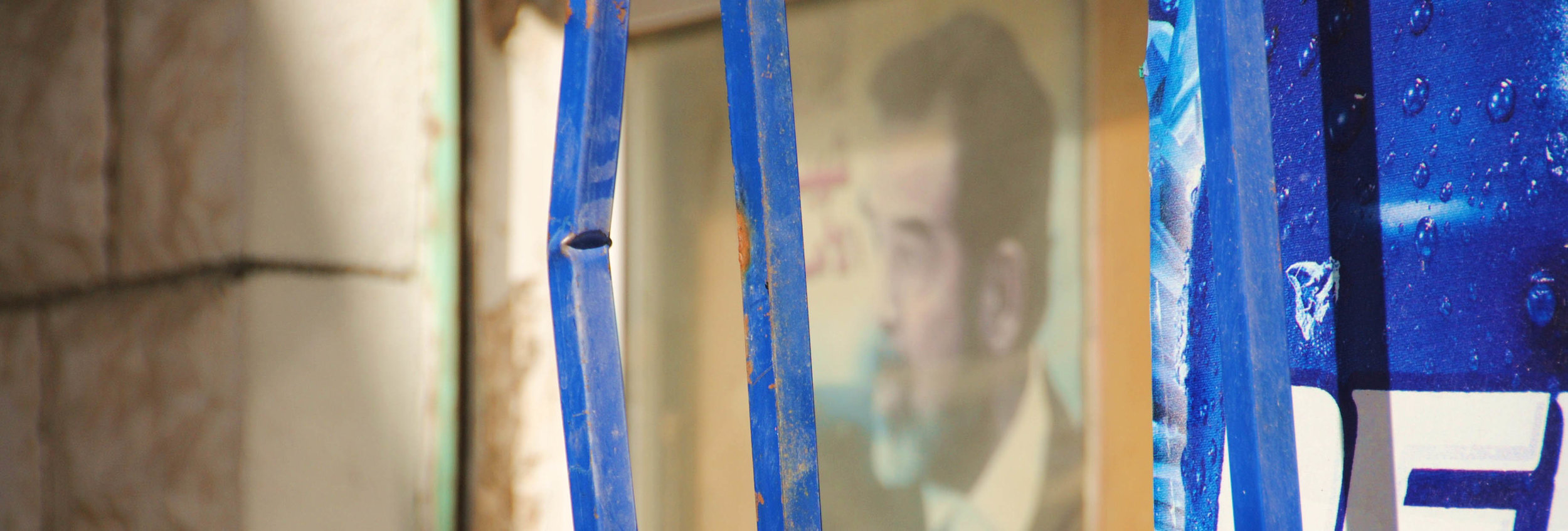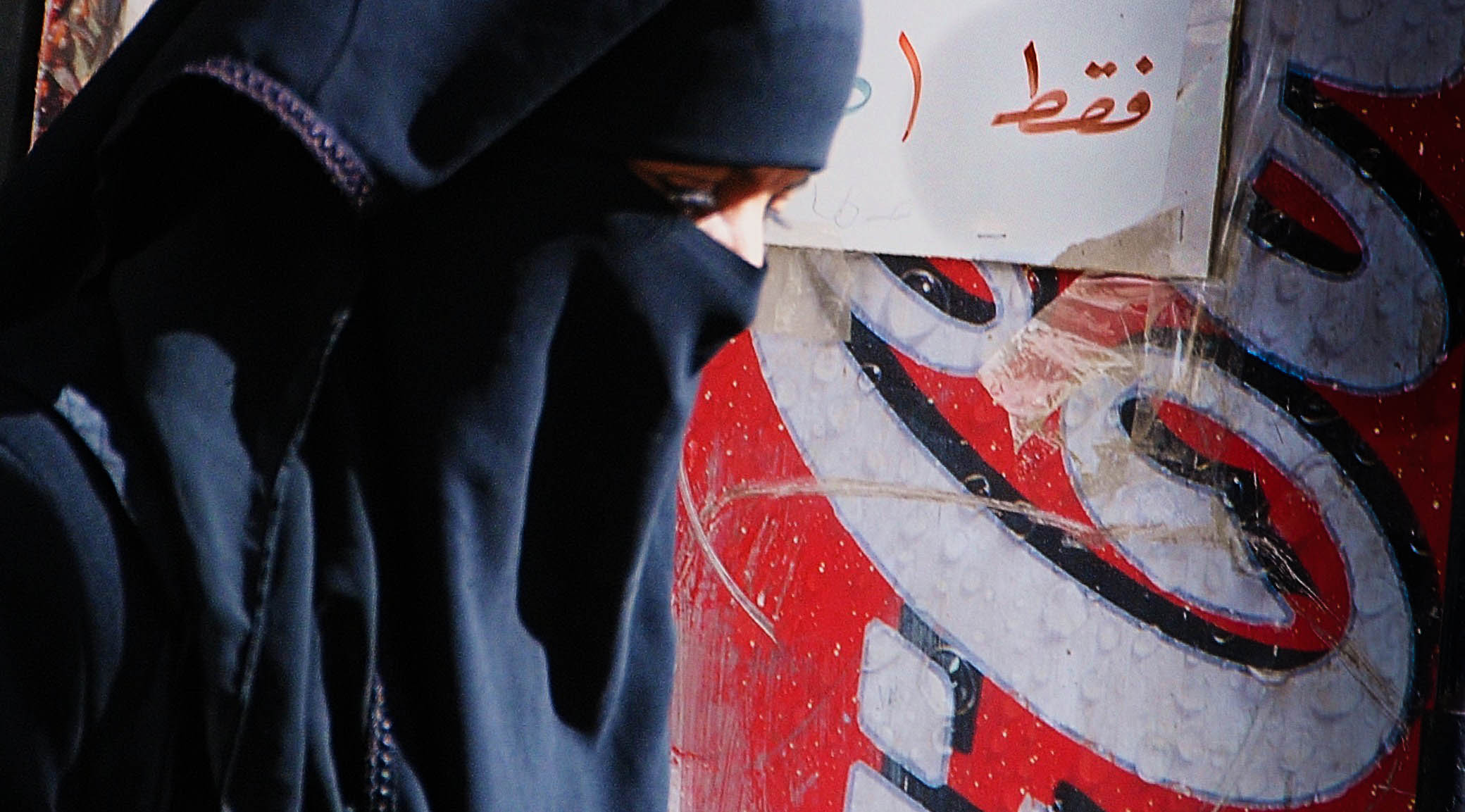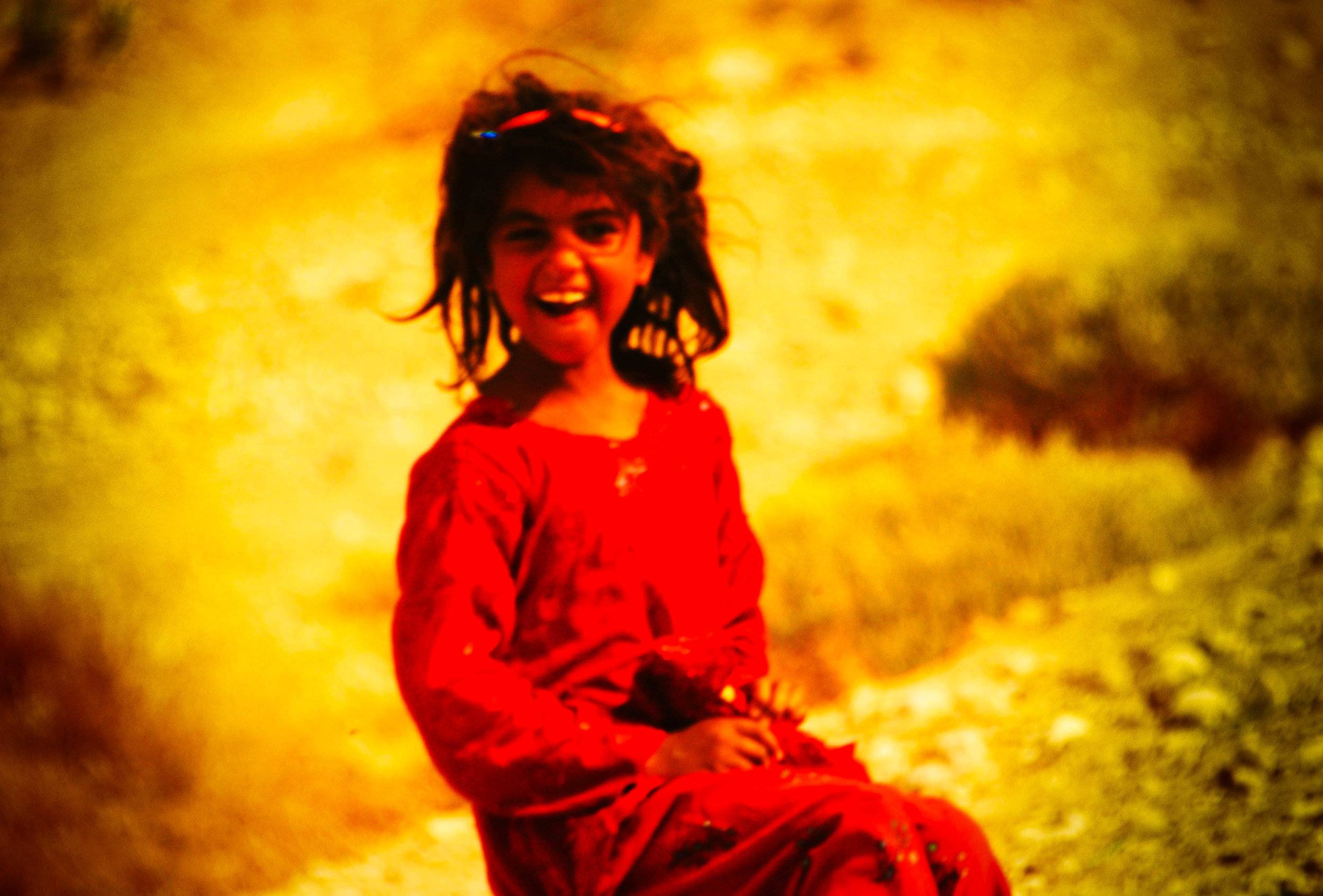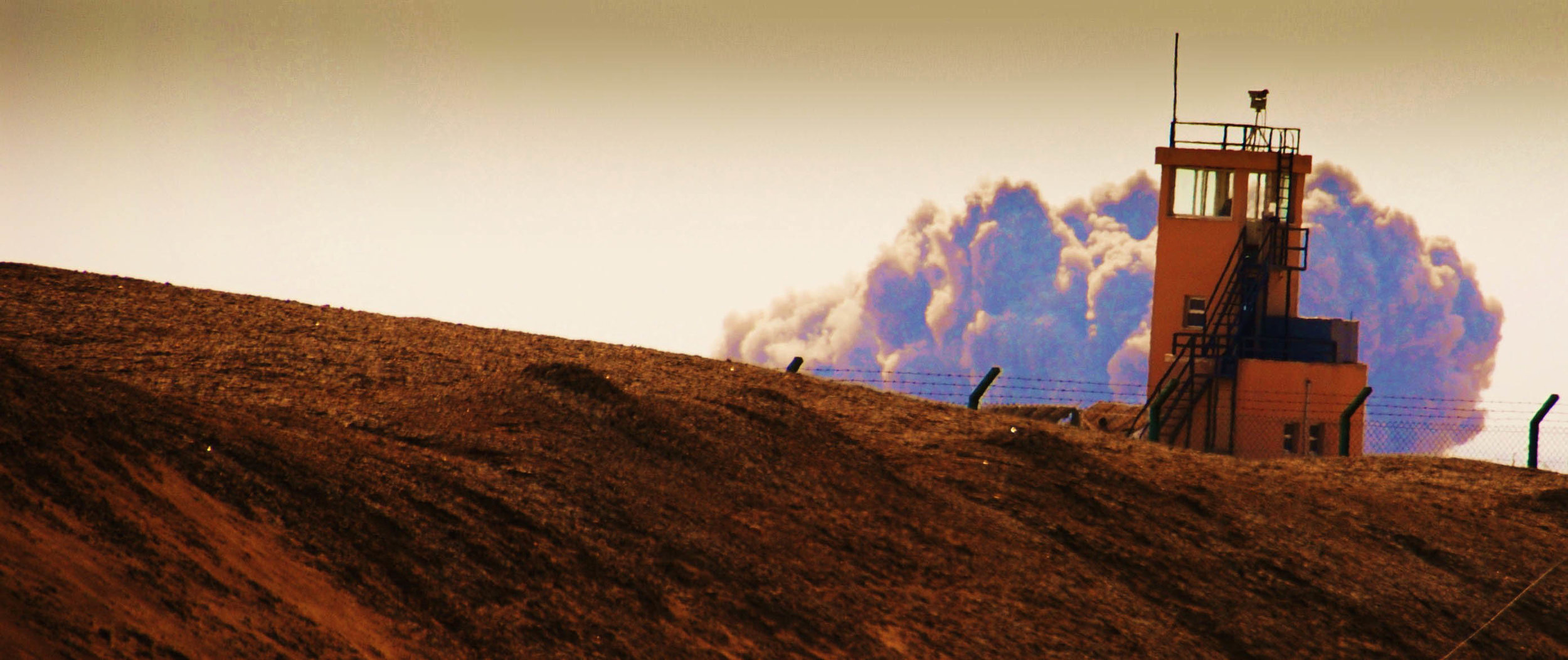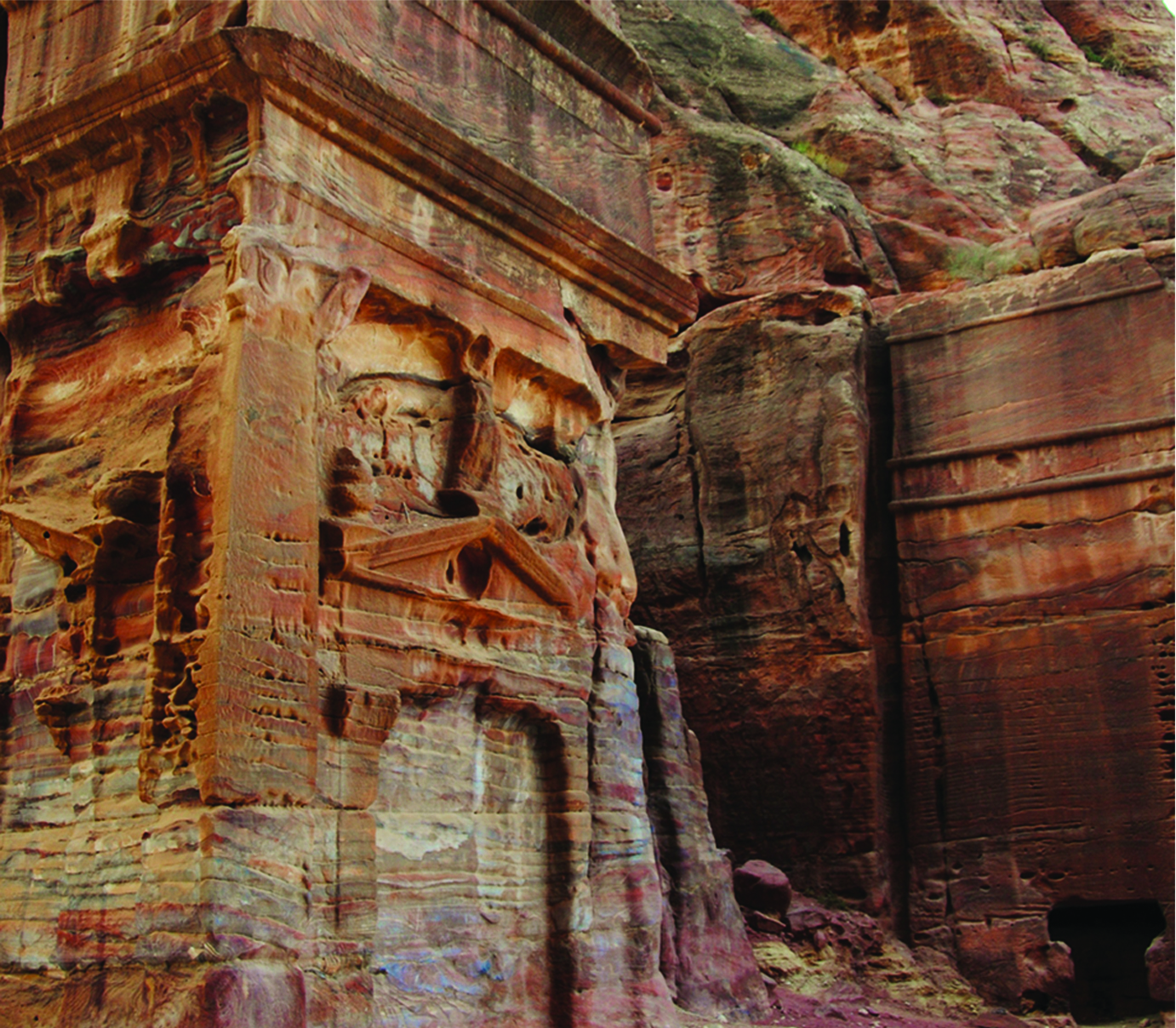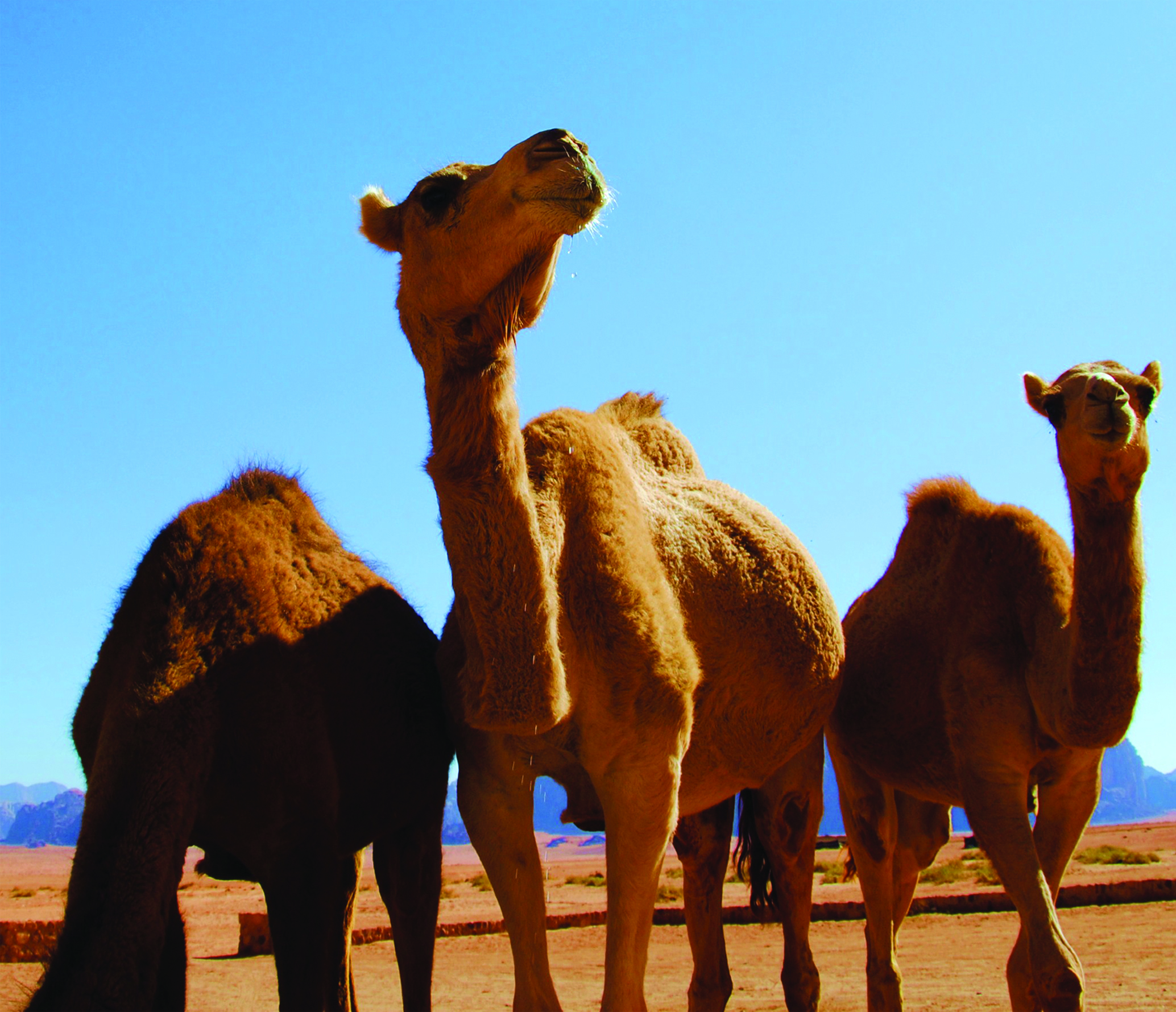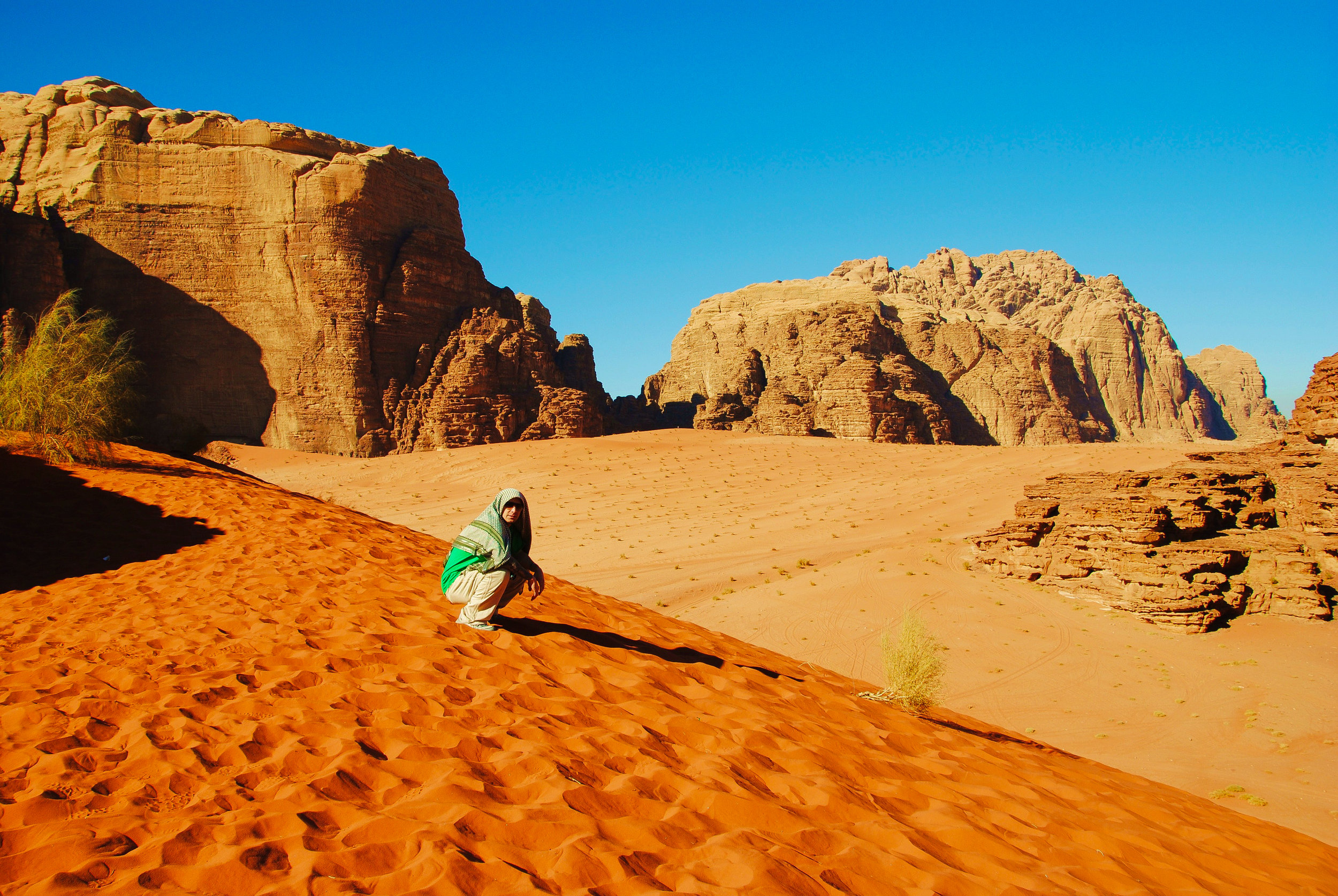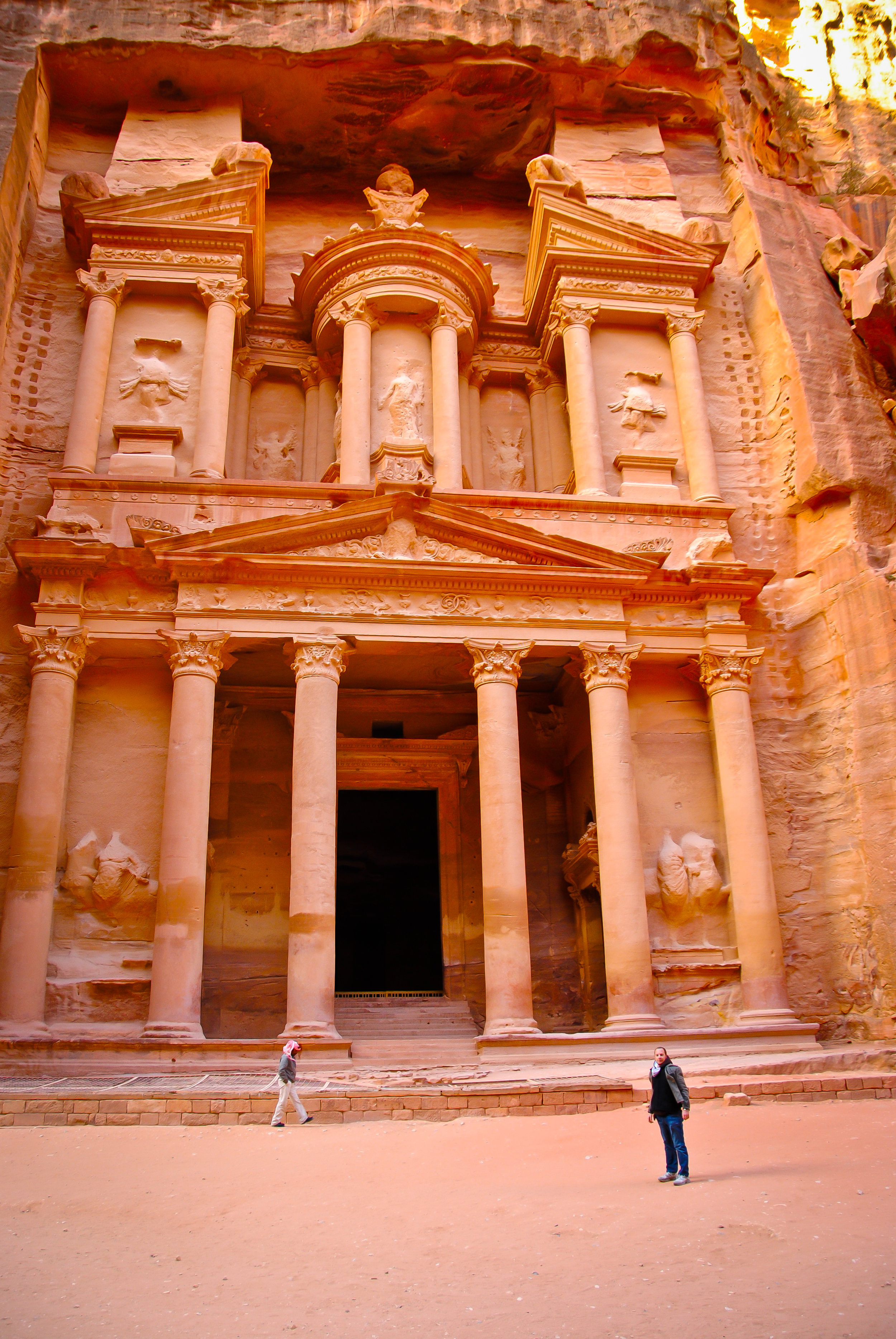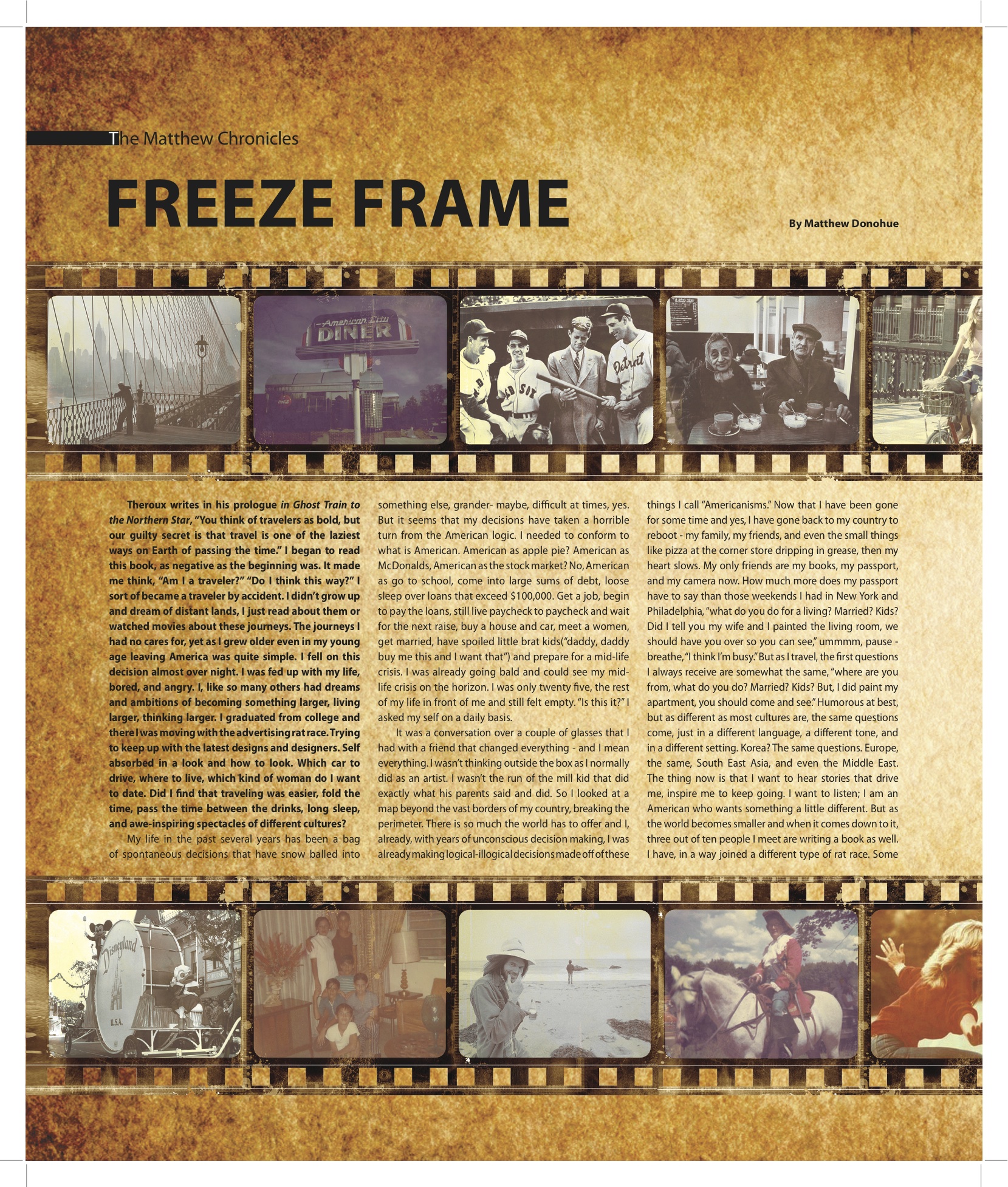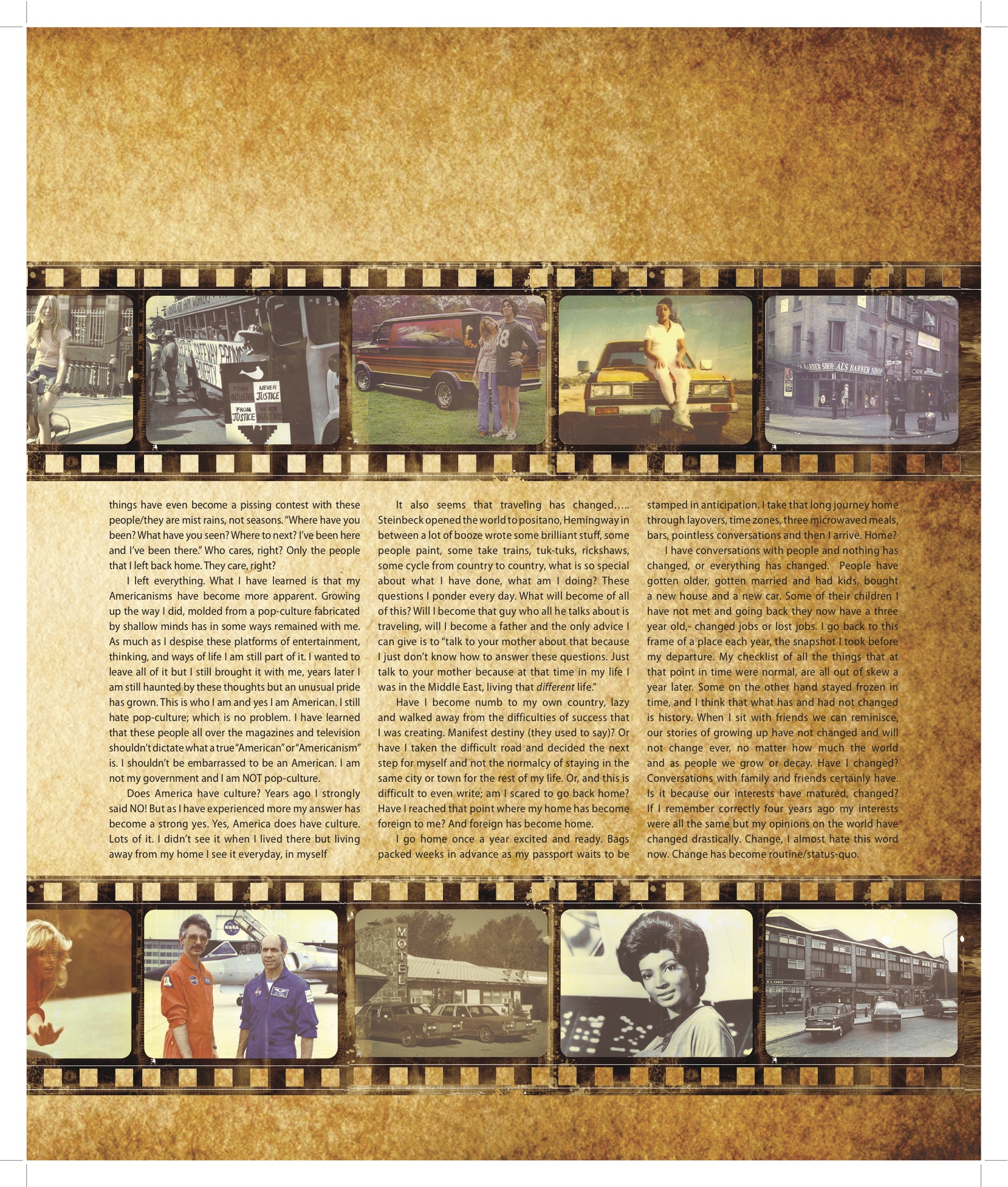First published in Bazaar Magazine in July 2010 in Kuwait
Theroux writes in his prologue in Ghost Train to the Northern Star, “You think of travelers as bold, but our guilty secret is that travel is one of the laziest ways on Earth of passing the time.” I began to read this book, as negative as the beginning was. It made me think, “Am I a traveler?” “Do I think this way?” I sort of became a traveler by accident. I didn’t grow up and dream of distant lands, I just read about them or watched movies about these journeys. The journeys I had no cares for, yet as I grew older even in my young age leaving America was quite simple. I fell on this decision almost over night. I was fed up with my life, bored, and angry. I, like so many others had dreams and ambitions of becoming something larger, living larger, thinking larger. I graduated from college and there I was moving with the advertising rat race. Trying to keep up with the latest designs and designers. Self absorbed in a look and how to look. Which car to drive, where to live, which kind of woman do I want to date. Did I find that traveling was easier, fold the time, pass the time between the drinks, long sleep, and awe-inspiring spectacles of different cultures?
My life in the past several years has been a bag of spontaneous decisions that have snow balled into something else, grander- maybe, difficult at times, yes. But it seems that my decisions have taken a horrible turn from the American logic. I needed to conform to what is American. American as apple pie? American as McDonalds, American as the stock market? No, American as go to school, come into large sums of debt, loose sleep over loans that exceed $100,000. Get a job, begin to pay the loans, still live paycheck to paycheck and wait for the next raise, buy a house and car, meet a women, get married, have spoiled little brat kids(“daddy, daddy buy me this and I want that”) and prepare for a mid-life crisis. I was already going bald and could see my mid-life crisis on the horizon. I was only twenty five, the rest of my life in front of me and still felt empty. “Is this it?” I asked my self on a daily basis.
It was a conversation over a couple of glasses that I had with a friend that changed everything – and I mean everything. I wasn’t thinking outside the box as I normally did as an artist. I wasn’t the run of the mill kid that did exactly what his parents said and did. So I looked at a map beyond the vast borders of my country, breaking the perimeter. There is so much the world has to offer and I, already, with years of unconscious decision making, I was already making logical-illogical decisions made off of these things I call “Americanisms.” Now that I have been gone for some time and yes, I have gone back to my country to reboot – my family, my friends, and even the small things like pizza at the corner store dripping in grease, then my heart slows. My only friends are my books, my passport, and my camera now. How much more does my passport have to say than those weekends I had in New York and Philadelphia, “what do you do for a living? Married? Kids? Did I tell you my wife and I painted the living room, we should have you over so you can see,” ummmm, pause – breathe, “I think I’m busy.” But as I travel, the first questions I always receive are somewhat the same, “where are you from, what do you do? Married? Kids? But, I did paint my apartment, you should come and see.” Humorous at best, but as different as most cultures are, the same questions come, just in a different language, a different tone, and in a different setting. Korea? The same questions. Europe, the same, South East Asia, and even the Middle East. The thing now is that I want to hear stories that drive me, inspire me to keep going. I want to listen; I am an American who wants something a little different. But as the world becomes smaller and when it comes down to it, three out of ten people I meet are writing a book as well. I have, in a way joined a different type of rat race. Some things have even become a pissing contest with these people/they are mist rains, not seasons. “Where have you been? What have you seen? Where to next? I’ve been here and I’ve been there.” Who cares, right? Only the people that I left back home. They care, right?
I left everything. What I have learned is that my Americanisms have become more apparent. Growing up the way I did, molded from a pop-culture fabricated by shallow minds has in some ways remained with me. As much as I despise these platforms of entertainment, thinking, and ways of life I am still part of it. I wanted to leave all of it but I still brought it with me, years later I am still haunted by these thoughts but an unusual pride has grown. This is who I am and yes I am American. I still hate pop-culture; which is no problem. I have learned that these people all over the magazines and television shouldn’t dictate what a true “American” or “Americanism” is. I shouldn’t be embarrassed to be an American. I am not my government and I am NOT pop-culture.
Does America have culture? Years ago I strongly said NO! But as I have experienced more my answer has become a strong yes. Yes, America does have culture. Lots of it. I didn’t see it when I lived there but living away from my home I see it everyday, in myself
It also seems that traveling has changed…..Steinbeck opened the world to positano, Hemingway in between a lot of booze wrote some brilliant stuff, some people paint, some take trains, tuk-tuks, rickshaws, some cycle from country to country, what is so special about what I have done, what am I doing? These questions I ponder every day. What will become of all of this? Will I become that guy who all he talks about is traveling, will I become a father and the only advice I can give is to “talk to your mother about that because I just don’t know how to answer these questions. Just talk to your mother because at that time in my life I was in the Middle East, living that different life.”
Have I become numb to my own country, lazy and walked away from the difficulties of success that I was creating. Manifest destiny (they used to say)? Or have I taken the difficult road and decided the next step for myself and not the normalcy of staying in the same city or town for the rest of my life. Or, and this is difficult to even write; am I scared to go back home? Have I reached that point where my home has become foreign to me? And foreign has become home.
I go home once a year excited and ready. Bags packed weeks in advance as my passport waits to be stamped in anticipation. I take that long journey home through layovers, time zones, three microwaved meals, bars, pointless conversations and then I arrive. Home?
I have conversations with people and nothing has changed, or everything has changed. People have gotten older, gotten married and had kids, bought a new house and a new car. Some of their children I have not met and going back they now have a three year old,- changed jobs or lost jobs. I go back to this frame of a place each year, the snapshot I took before my departure. My checklist of all the things that at that point in time were normal, are all out of skew a year later. Some on the other hand stayed frozen in time, and I think that what has and had not changed is history. When I sit with friends we can reminisce, our stories of growing up have not changed and will not change ever, no matter how much the world and as people we grow or decay. Have I changed? Conversations with family and friends certainly have. Is it because our interests have matured, changed? If I remember correctly four years ago my interests were all the same but my opinions on the world have changed drastically. Change, I almost hate this word now. Change has become routine/status-quo.
